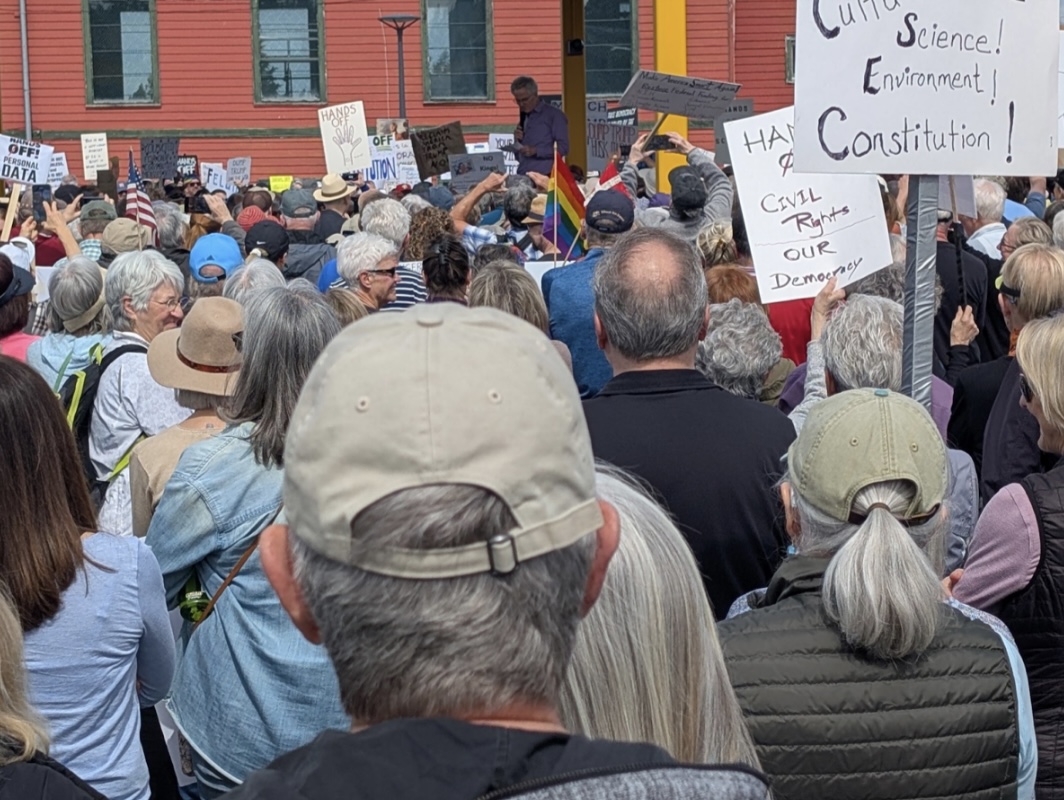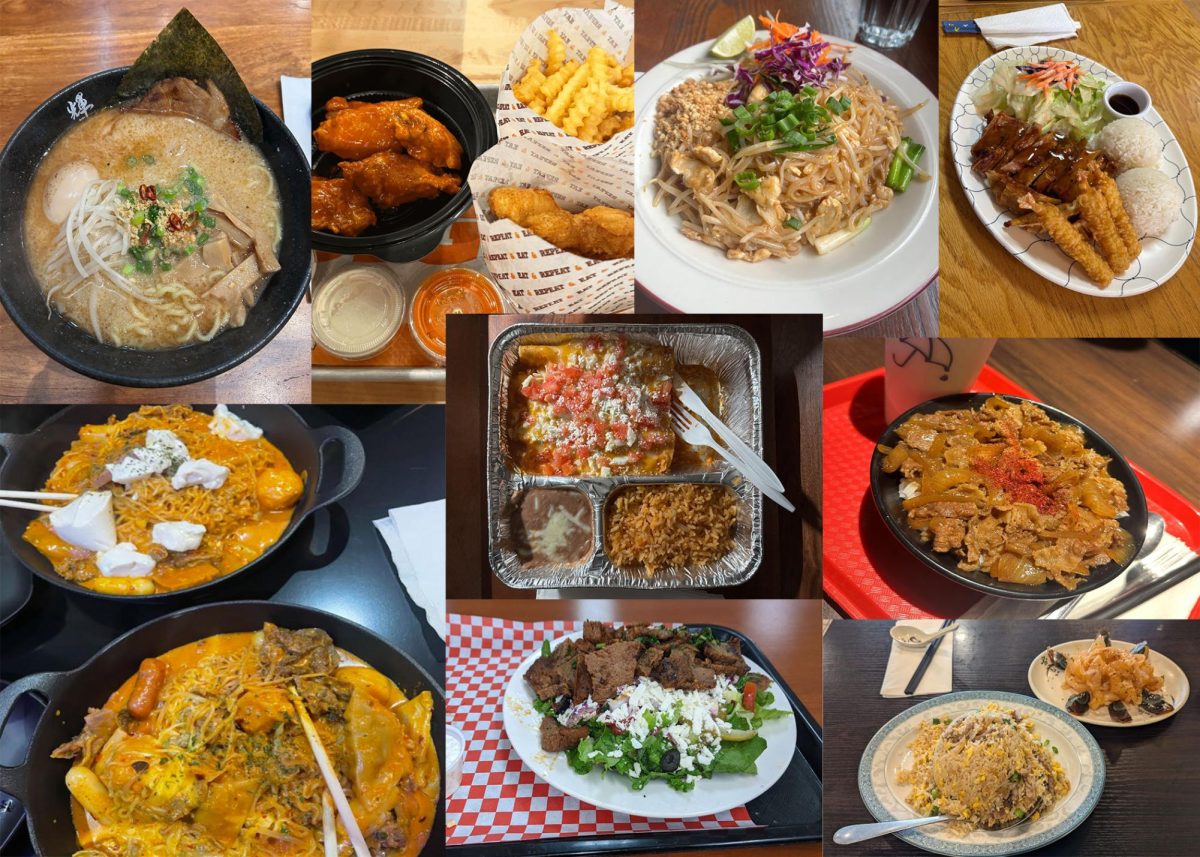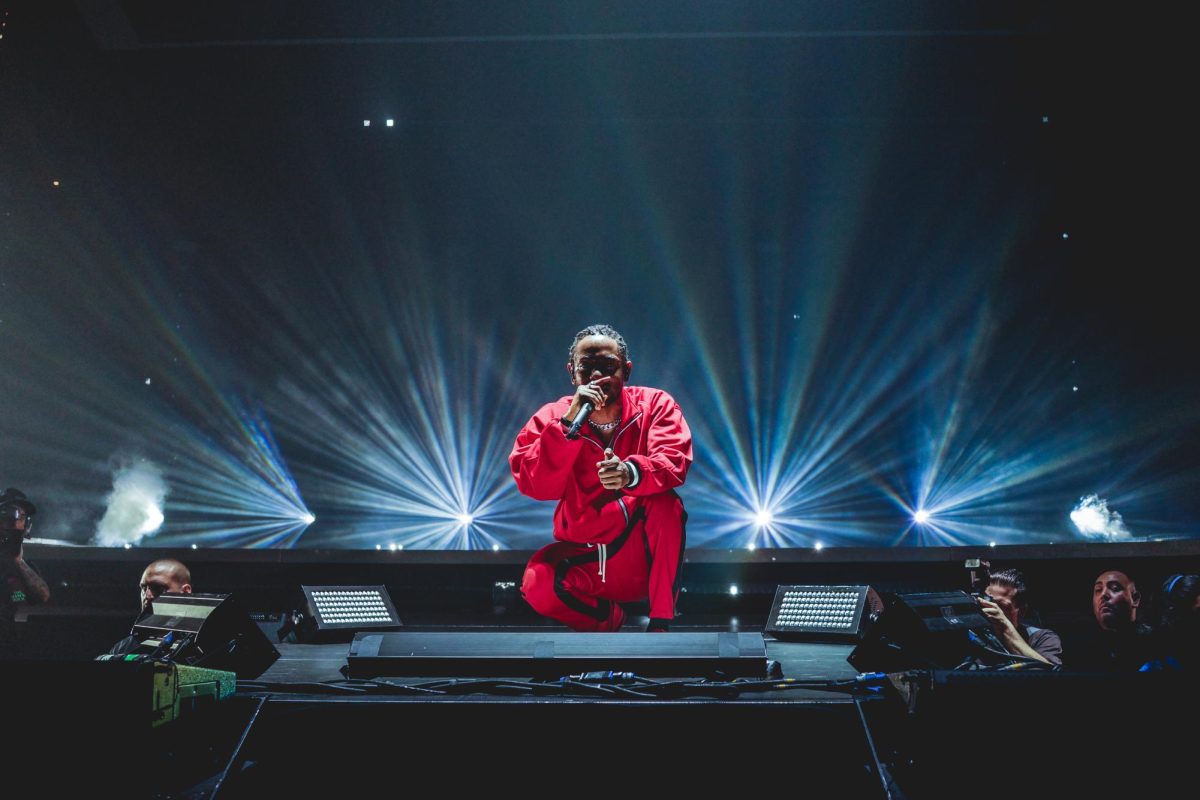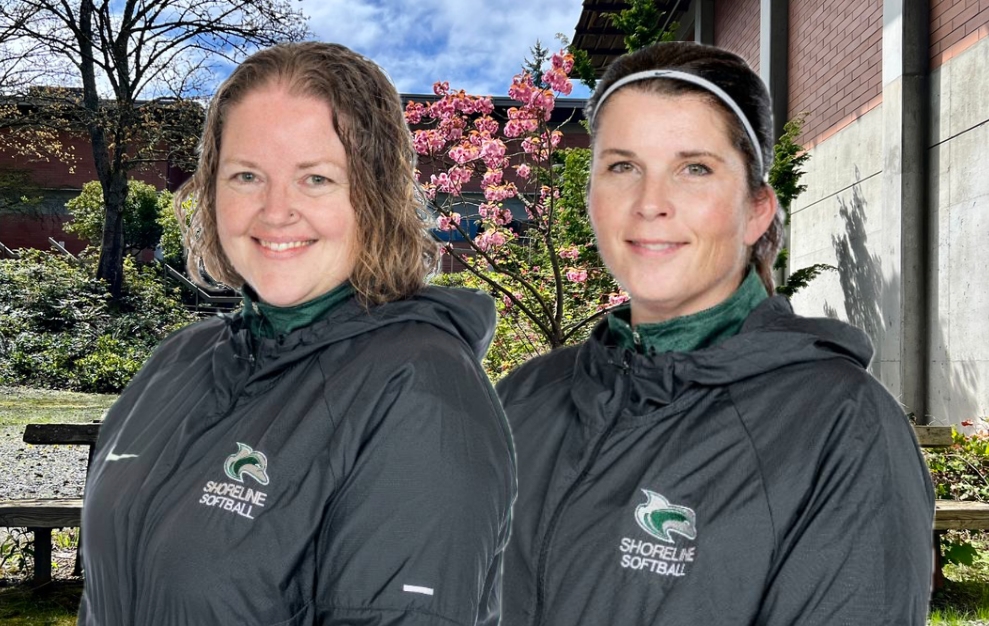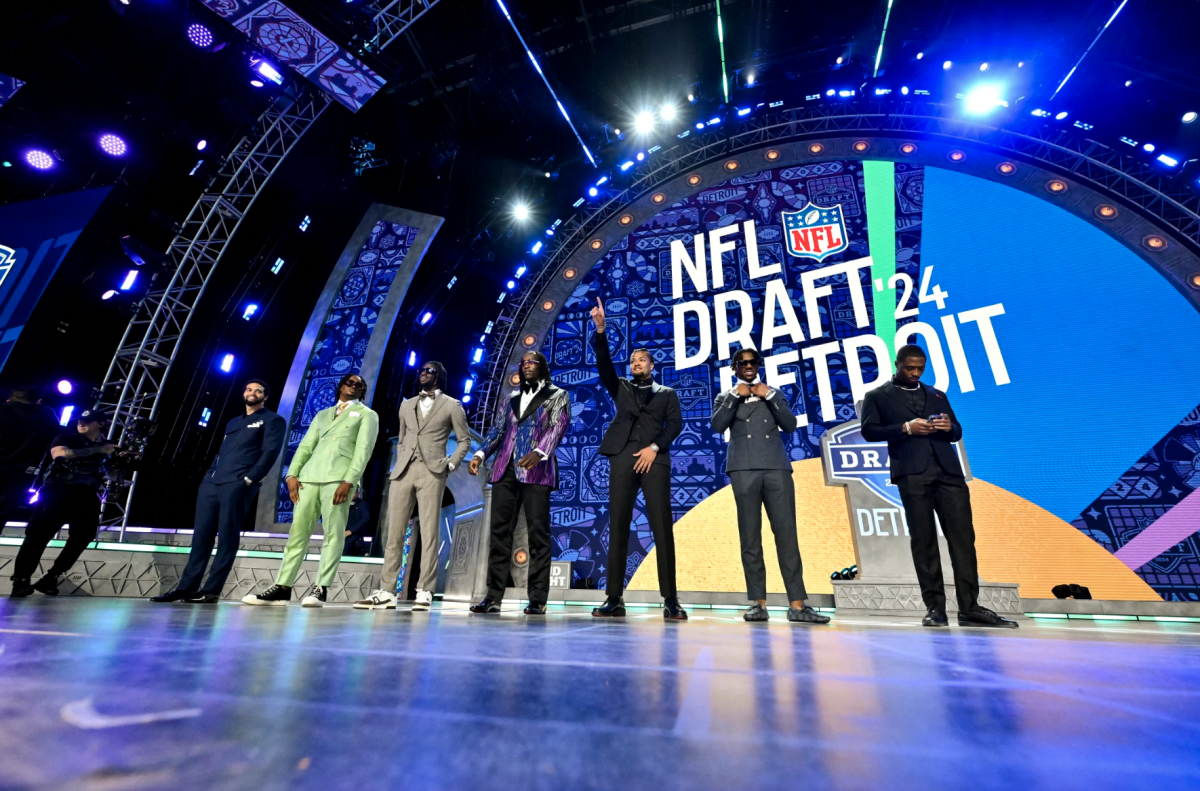“I urge you to reconsider your stance toward student journalists on your campus.”
This line opened up a letter sent last week by Beth Slovic, the Pacific Northwest Association of Journalism Educators (PNAJE) president, to Central Washington University (CWU) regarding the ethical escapade that the college’s student journalists currently face: pre-approved interview questions.
Slovic stated in her letter that pre-approved questions “produce massaged answers that advance the public image of an institution over the truth” and extends the “newsgathering process,” halting timely reporting.
She ended her message urging CWU to “reconsider the long-term consequences of your policies.”
To us, Phins, what does this mean? Why does this matter in the grand scheme of things?
This issue matters because of our ethical disposition to the truth. As student journalists, we follow a code of ethics where we aim to minimize harm, remain transparent and always be accountable. The truth is the most important story that we chase, and what CWU proposes goes against all of our ethical standards.
Pre-approved interview questions limit honest answers and raise the chance of practiced responses. Furthermore, students who must wait on their questions to be answered run the risk of missing their deadlines and may also dissuade them from reaching out to experts on campus.
Students, staff and administration all have the right to decline interviews. It’s fine to not know the answer, or to not answer at all — and as journalists, we will respect that.
They have the right not to answer specific questions, as well. The fear with CWU’s practice is that it may dissuade interviewees from accepting meetings where tough questions are asked.
CWU would never have instituted this policy with “real” journalists. For whatever reason, they feel that they can push The Observer, CWU’s student-run newspaper, around because they are students.
But we are real journalists. We make administrators uncomfortable. We hassle sources to meet our deadlines. We, like The Observer, owe ourselves to the truth and nothing else. Having to send questions to sources beforehand turns student-run newspaper into nothing but PR agencies for colleges and universities. We refuse to become that.
Having a free press is part of the First Amendment to the U.S. Constitution. Journalists perform the vital function of providing checks and balances on institutions that far too often don’t check themselves.
The truth shouldn’t be oppressed — and it shouldn’t need approval, either. We have a duty to be transparent with our readers, and to ask the necessary questions. CWU isn’t the first institution that has attempted to enforce regulations on our ethics and they won’t be the last.
But, The Ebbtide and The Observer and both small and major newspapers will never really stop being under fire for our ethical practices. Our staff and story content will change — our search for the truth will not.
Like The Observer, we’re “by the students, for the students.”
Sincerely,
Azia Kelikoa’elakauaikekai Jaelyn Lualhati, Editor-in-Chief;
CJ Priebe, Copy Editor;
Joshua Groom, Online Editor;
and Juan Páez, Political Reporter


